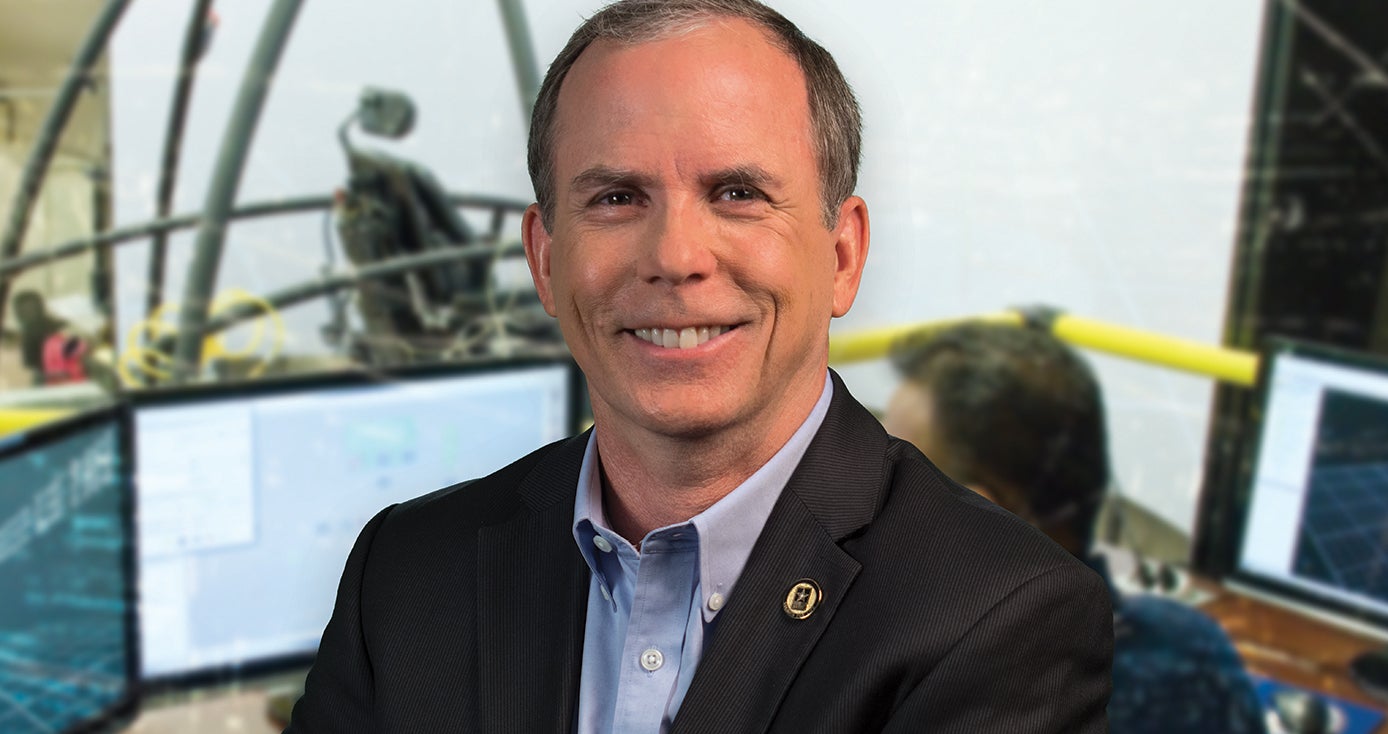
Subscribe to Pittwire Today
Get the most interesting and important stories from the University of Pittsburgh.Professor and Veterans Affairs Senior Research Scientist Wins 2017 Service to America Medal
The instant a passenger bus rammed into Rory Cooper’s bicycle in July of 1980, launching him into a collision with a truck that caused a paralytic spinal injury, his path in life was transformed — even beyond his own personal mobility.
Cooper’s career was always linked to protecting Americans and preserving their quality of life — he was serving in the U.S. Army when the accident happened. Using a wheelchair and interacting with others in the disability community after his injury, he saw a chance to improve quality of life for a sometimes-forgotten segment of society. His realization pushed him to earn degrees in electrical and computer engineering.
Now, more than 30 years after the injury and 20 patents later, Cooper has been recognized with a Partnership for Public Service Samuel J. Heyman Service to America Medal — also known as a “Sammie” and often referred to as the Oscar award for government service — for guiding the creation of dozens of advanced wheelchairs and assistive technologies.
Thornburgh Forum Lecture to Feature New Award for Students
The newly established Dick Thornburgh Forum Disability Service Award will honor a Pitt student who makes a difference in the lives of children and adults with disabilities.
The winner will receive $4,000. Online applications are due Oct. 6.
The award will be given at the Thornburgh Family Lecture in Disability Law and Policy, where Rory Cooper, director of the Human Engineering Research Laboratories at the University of Pittsburgh, will present "Assistive Technology Is a Form of Advocacy."
The lecture is at 1 p.m. Oct. 18 in Ballroom B of the University Club, 123 University Place, Pittsburgh, PA 15260. The event is free and open to the public, but seating is limited and RSVPs are required.
“Using a wheelchair, having friends with various impediments and working with people with different impairments have guided my work,” said Cooper, University of Pittsburgh professor, School of Health and Rehabilitation Sciences associate dean for inclusion and founding director of the Human Engineering Research Laboratories (HERL).
Through HERL, a partnership of the University, the Veterans Affairs Pittsburgh Healthcare System and UPMC, Cooper has led projects that include development of a wheelchair with robotic arms and hands, all-terrain vehicles for wheelchair users and manual wheelchairs with adjustable, more comfortable seats.
Looking forward, Cooper said he’s excited about the team’s work with “advanced mobility technologies” designed to help people with disabilities move from chairs to seats or other surfaces, as well as alternative power sources for electric chairs and wearable devices designed to assist people with disabilities.
Cooper and six other Sammie winners were chosen from 26 finalists and more than 440 nominees by a selection committee that included leaders from government, business, the nonprofit community, academia, entertainment and the media. The finalists will be honored during an awards ceremony on Sept. 27 in Washington, D.C.
Cooper said his team and individuals from the disability community deserve the credit for any successful efforts that have come out of the lab and this subsequent award.
“I owe the Sammie Award to the people with disabilities, especially veterans, who have given generously of their time and talent and taught me so much. This award represents an opportunity to create greater awareness of the needs of people with disabilities and the power of assistive technology,” he said.


